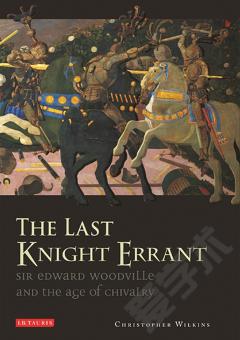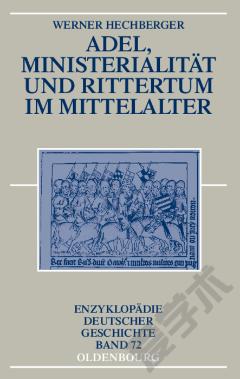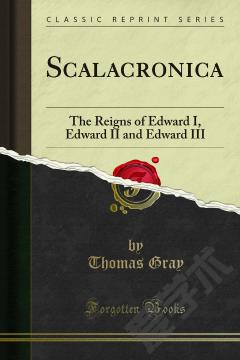The Last Knight Errant —— Sir Edward Woodville and the Age of Chivalry
----- 最后的唐·吉诃德式的人物:爱德华伍德维尔爵士和骑士精神时代
Sir Edward Woodville was the medieval knight par excellence - except that his life coincided with the beginning of the Renaissance. With this vivid and long-awaited biography, Christopher Wilkins demonstrates how Sir Edward carved out an important role for himself in the 15th century, marrying the old-fashioned values of a chivalric age with the modernising trends that were dramatically re-shaping Europe. Far from an anachronism, The Last Knight Errant reveals how this quintessentially medieval figure, riding from battle to battle across Europe, was also profoundly engaged in the events that built the post-medieval states of England, Spain and France.The Last Knight Errant is the first full biography of this pivotal figure in English history for over a century and reveals him to have been a true hero whose significance in the politics of the period is often overlooked. Drawing on original research throughout Europe, Christopher Wilkins draws out Sir Edward Woodville's fascinating life and unusual character in the context of his remarkable family, who have been traditionally cast as among the most unpopular in English history. Sir Edward's eldest sister, Elizabeth, was married to King Edward IV and his brother was guardian to the Prince of Wales but disaster struck when Richard of York executed his coup in 1483. Edward escaped with ships, money and men to Brittany where he became the first of Henry Tudor's new supporters, providing much needed credibility to that cause. He fought at Bosworth but once Henry was crowned and married to his niece, Edward sailed off to fight the Moors before returning to England in time to command the cavalry during the invasion by the pretender to the throne, Lambert Simnel. Never far from the centre of the action, ultimately Edward was killed at the Battle of St Aubin in 1488 where he was leading a freelance expedition to fight the French, contrary to King Henry's own wishes. The Last Knight Errant restores Sir Edward Woodville to his rightful place at the heart of power in 15th-century England and represents him as a true hero whose reputation suffered at the hands of that genius of propaganda, Richard III.
{{comment.content}}








 京公网安备 11010802027623号
京公网安备 11010802027623号